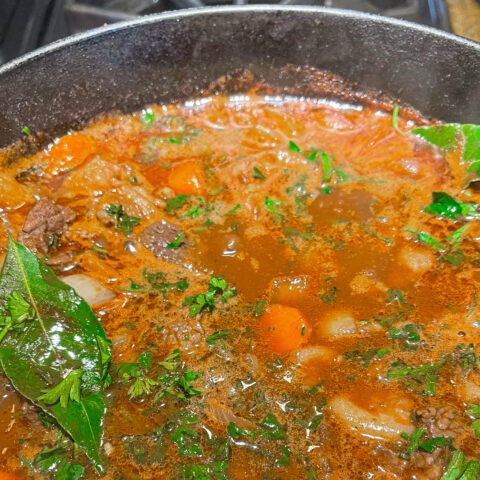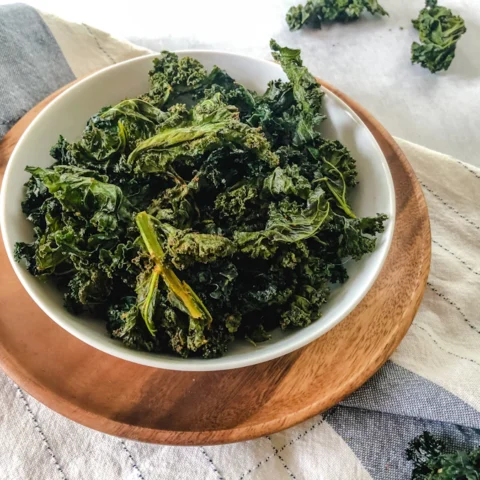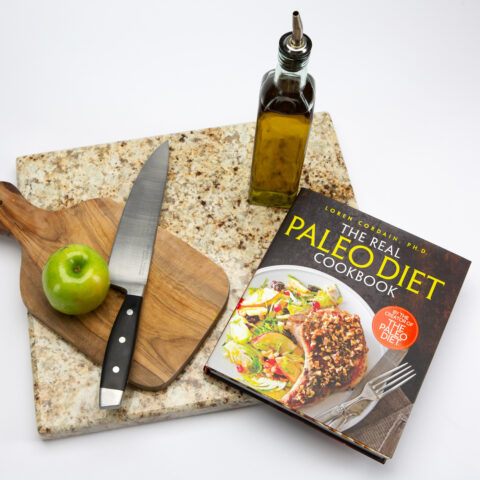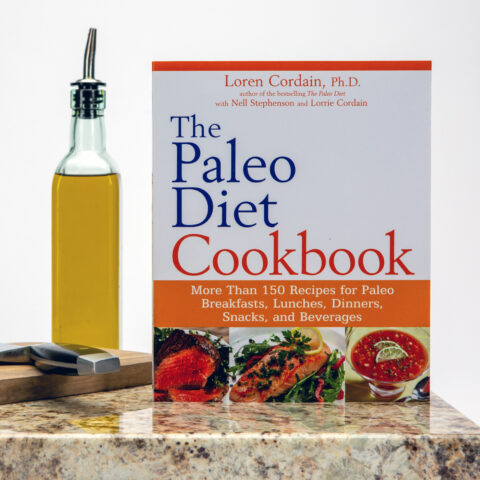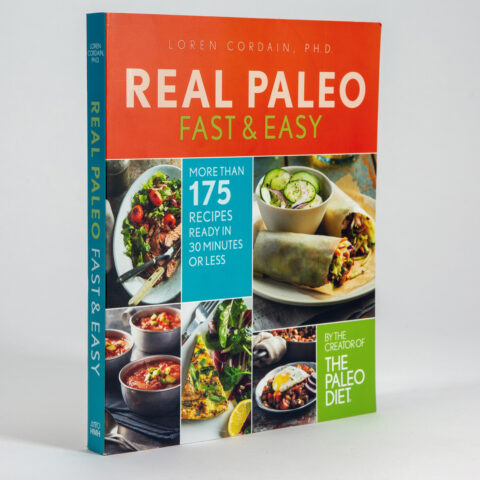
Recipes
Paleo Recipes from The Paleo Diet®
The Paleo Diet® offers a wide selection of healthy Paleo recipes including Paleo breakfasts, easy lunch ideas like Paleo salads, hearty and healthy dinners, low-carb desserts, functional beverages, and satisfying low-sodium snacks. All our recipes have been carefully reviewed by our science team and certified Paleo to two science-based standards, so you know they are healthy.
Explore our Paleo recipe catalog à la carte or take a look at our free guides; 7-Day Paleo Meal Plan and 28-Day Paleo Reset.
Need more inspiration? Check out a full year of daily Paleo recipes and meals plans in our series, What to Eat This Week from nutritionist Aimee McNew.
Paleo Winter Recipes
Recipes for a Better You
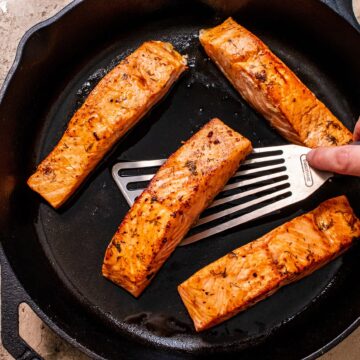
Support Heart Health
SEE RECIPES
Boost Immunity
SEE RECIPES
Manage Gut Health
SEE RECIPES
Fuel Your Brain Health
SEE RECIPES
Support Your AIP Journey
SEE RECIPES
Increase Energy Levels
SEES RECIPESFavorite Paleo Autoimmune Recipes
Food is medicine. When you eat the right healing foods, and avoid the ones that can trigger a flare, you may find surprising relief from symptoms. Here are some AIP-friendly recipes to set you on your path towards recovery.
Autoimmune RecipesFavorite Paleo Recipes for Athletes
Food is energy. Fuel up, work hard, and recover fast with these recipes designed for an active lifestyle.
Athlete Recipes





